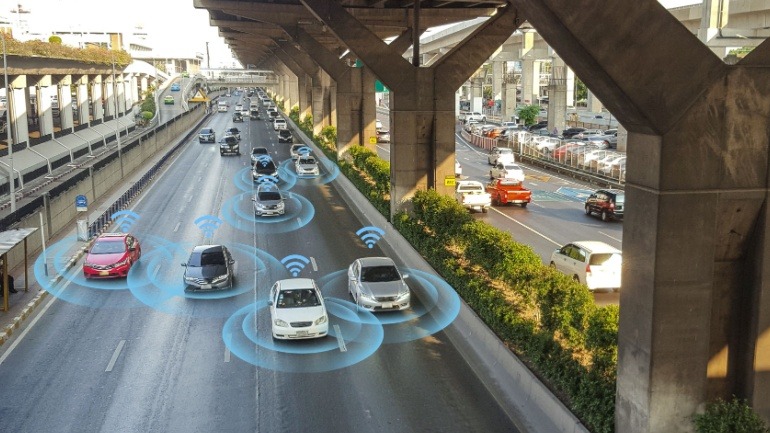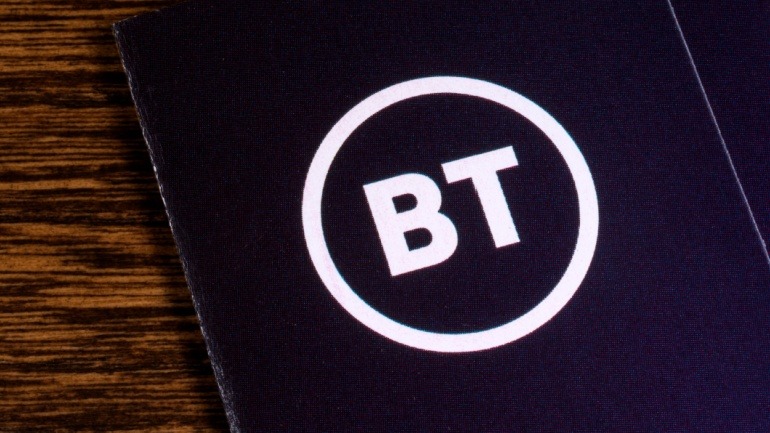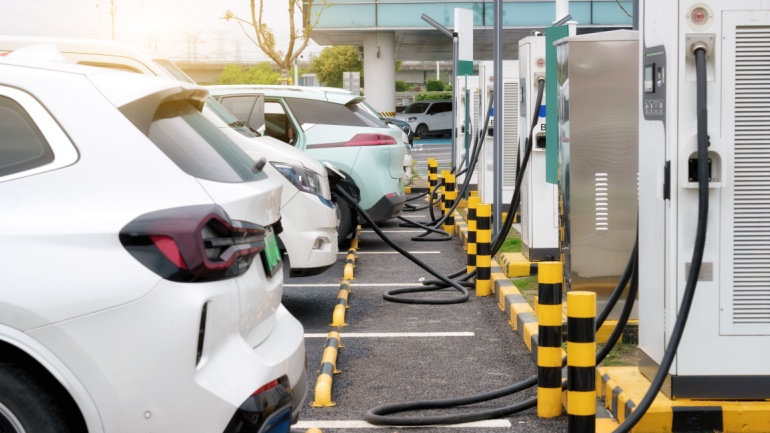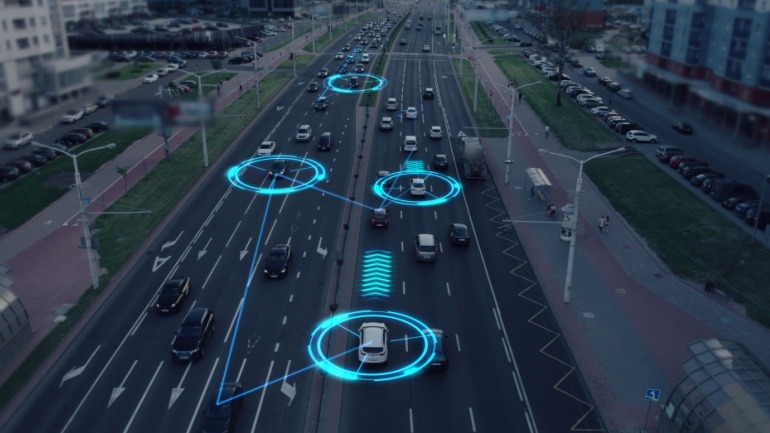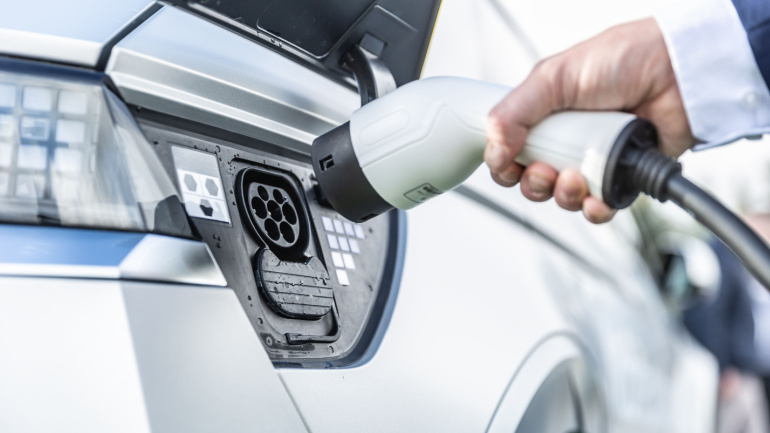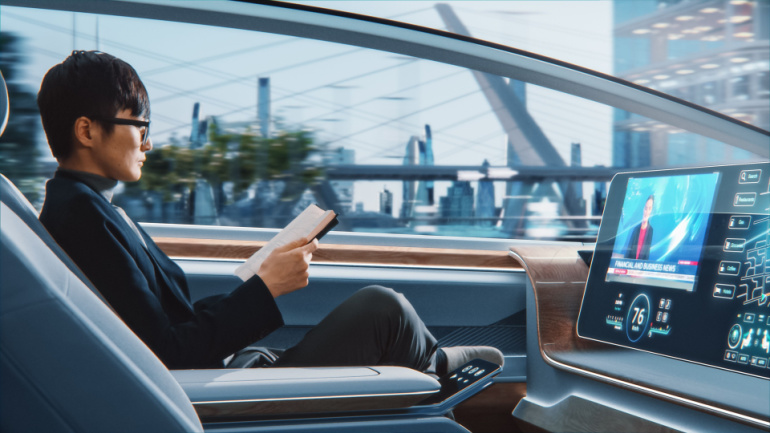Indosat partners with Xanh SM to revolutionize Indonesia’s electric vehicle sector. By integrating IoT and analytics into Xanh SM’s fleet, Indosat enhances taxi operation and customer experience.
BT has halted its pilot to transform street cabinets into EV charging stations after a promising start in East Lothian, Scotland. Financial challenges, including rising costs and profit declines, are speculated as reasons.
BT Group has placed the UK’s largest EV order, adding 3,500 electric vehicles to its fleet of over 27,000. Aiming for 8,000 EVs by 2026, this move aligns with its net-zero goal by 2031.
AT&T’s collaboration with Voltpost ushers in a new era of curbside EV charging, transforming lampposts into modular charging units. This initiative, leveraging IoT connectivity for optimal charger reliability, aims to enhance urban electric vehicle infrastructure across Detroit and beyond.
BT is pushing the envelope, repurposing fading street cabinets, once integral for broadband and phone hookups, into sophisticated EV charging points. Amid a direct-to-home fiber revolution, redundant units could fuel a UK-wide EV charging network, starting in East Lothian, Scotland.
Chinese tech juggernaut, Huawei aims to bolster its global partnerships, despite facing recent US sanctions. Pivoting to the automotive sector, Huawei’s Intelligent Automotive Solution (IAS) is poised to become a driving force in smart electric vehicles software and parts. Interestingly, while Mercedes Benz declined an investment offer to retain its software independence, a collaborative opportunity with Audi for autonomous drive technology is reportedly in play.
Samsung and Wind River collaborate on automotive-focused Exynos Auto V920 chips, promising seamless over-the-air updates and multi-OS compatibility for connected, autonomous, and electric vehicles. A potential game-changer in software-defined car industry, raising both excitement and debate.



